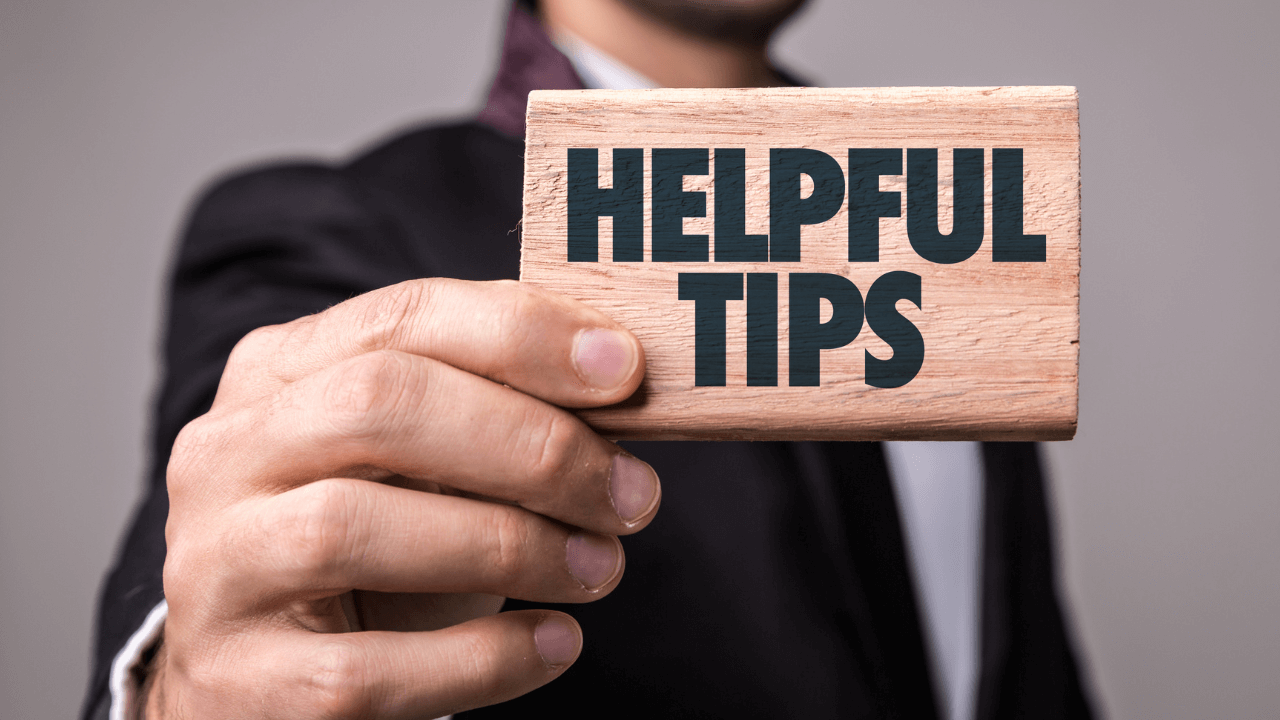Language:
Money-Saving Hacks: Tax Deductions for Sole Proprietors

Starting a new business venture can be exciting. You call the shots and run your business on your terms. Yet, you may face a hefty tax bill as tax time rolls around. Luckily, the IRS lets sole proprietors deduct expenses paid for their business. Find out how you can save money by taking tax deductions for sole proprietors.
Who Can Claim Sole Proprietor Tax Deductions?
A sole proprietorship is an unincorporated business you run by yourself. You are a sole proprietor if you freelance or have a side gig. However, if you start a business with other people, you are automatically considered a general partnership.
Common Tax Deductions for Sole Proprietors
Sole proprietors are allowed to deduct expenses against their income. Here are some of the most common expenses to deduct.
Health Insurance
As a sole proprietor, you could write off your health insurance premiums. Keep in mind the self-employed health insurance deduction has limits. To qualify, you cannot be eligible to participate in an employer-sponsored health plan. If you can get health insurance through your day job or your spouse’s employer, you can’t deduct premiums you’ve paid for any month you’ve had coverage.
Home Office Deduction
Rather than rent office space, many sole proprietors run their businesses out of their homes. If you have an office or dedicated workspace in your home, you can write off a portion of your rent, utilities, and other relevant costs.
You qualify for the home office deduction when your home is your principal place of business, and you have a dedicated space set aside you regularly use for work. A separate room, garage, or even a desk in the corner of your dining room may qualify when used exclusively for business.
You may calculate your home office deduction using the simplified method or actual costs. Multiply the square footage of your home office by $5 to determine your home office write-off using the simplified method.
Or, you can figure out your home office deduction using your actual expenses. You need to determine the ratio between the square footage of your dedicated workspace and your home’s. Apply this ratio to relevant costs, such as your utilities and rent, to figure your home office deduction.
The good news is you don’t lock into one method the first time you file. So you can calculate it both ways to see which gives you the biggest deduction.
Self-Employment Taxes
As a sole proprietor, you must pay a self-employment tax of 15.3% of your business’s net income. However, you can claim 50% of what you owe as a tax deduction on your return.
Credit Card Interest
You can deduct the interest charged if you have a business credit card you use to make purchases. Even if you use a personal credit card to buy goods or services for your business, the interest may be tax-deductible. Be sure to keep records to prove the interest charged was for business purchases.
Cell Phone and Internet
If you have a dedicated cell phone or internet connection set up for your business, you could deduct what you pay yearly. However, if you use your personal cell phone or internet connection, you may be able to write off the percentage you use for business.
Office Supplies
Even if you work out of your home, you may rely on office supplies to get the job done. The paper, postage, pens, and toner for your printer are tax-deductible expenses if used for your business.
Retirement Contributions
Contribute to a Simplified Employment Plan (SEP) or an Individual Retirement Account (IRA). You might be able to deduct this on your tax return.
Business Travel
You can write off the cost of your airfare, car rental, and hotel stay for business travel.
Meals
Generally, sole proprietors can write off 50% of their business meal costs. The cost must be reasonable and incurred when conducting business. So, if you take a potential client or business contact out to lunch, you may be able to write off 50% of what you pay.
Maintain receipt of all business meals you deduct on your return. On these receipts, you should document who attended the meal, the business purpose of the meal, and the amount paid, including the tip.
Mileage
Let’s say you use your personal vehicle to conduct business. You can claim a deduction on your return for the miles you have driven. Calculate your mileage deduction by multiplying the business miles driven during the year by the IRS mileage rate of $0.655.
Expenses that Sole Proprietors Cannot Claim as Tax Deductions
Not every expense you paid as a sole proprietor can be a tax deduction on your return.
- Commuting miles: The miles you drive to and from your office are not tax-deductible.
- Spouse travel: If your spouse accompanies you on a business trip, you cannot deduct what you pay for his or her travel or meals.
- Social or recreation club dues: The dues you pay to join a social or recreational club or association are not deductible. You cannot deduct dues for country clubs, golf associations, or social clubs from your tax return.
How to Prepare for Tax Filing and Monitor Tax Deductions for Sole Proprietors?
You only file taxes once a year, but preparing for your return happens year-round. Taking as many tax deductions as you qualify for could impact what you owe, so it’s well worth the effort.
- Maintain good records: Recordkeeping may not top your list of favorite things to do as a sole proprietor. However, tracking your spending during the year can help you avoid missing possible deductions. As you make purchases or pay bills, it helps to log what you spent into an online bookkeeping program, spreadsheet, or notebook. At the end of the year, you can identify possible deductions and their amounts.
- Keep receipts: Deductions can be disallowed by the IRS if you can’t prove their purpose. Keep copies of the bills you pay, bank statements and credit or debit card slips to support what you’ve written off on your tax return.
- Gather documents: Prepare for filing taxes by gathering your information before you start. Print out your business activity from your software, or total this if you keep your books by hand. Store year-end documents, such as 1099’s from customers or loan statements, together so you have what you need at tax time.
How to Claim Write-Offs as a Sole Proprietor on Your Tax Return?
Sole proprietors report their business activity on Schedule C (Form 1040) of their personal tax return. Include tax-deductible expenses, such as business travel, office supplies, and the home office deduction. Further, a sole proprietor can take a deduction for self-employment tax and self-employed health insurance premiums on Schedule 1.
Save Money with Sole Proprietor Tax Deductions
Knowing where your finances stand is critical when you are a sole proprietor. You make better decisions and can save money at tax time. doola offers an online accounting platform for sole proprietors and small business owners. Rather than spending hours to keep your books up-to-date, doola Books pulls your financial activity directly from the bank.
With various reports, you can keep tabs on your finances and see where your money is going. Looking for possible deductions has never been easier. Take the stress out of tax time with doola Books.
FAQs
Are there limits to how much I can deduct for certain expenses as a sole proprietor
The IRS limits how much you can write off for certain business expenses. For example, only 50% of business meals are tax-deductible. The deduction for self-employed health insurance premiums is limited to the net income of your business.
What records should I keep to support my sole proprietorship tax deductions?
You should keep copies of invoices and receipts that support the tax deductions you take as a sole proprietor. In addition, copies of bank and credit card statements, canceled checks, and debit or credit card slips should be kept, proving you paid for these expenses.
How do tax deductions affect my overall taxes owed as a sole proprietor?
Allowable tax deductions reduce the income earned as a sole proprietor. The tax you owe decreases as your income decreases.
Keep reading
Start your dream business and keep it 100% compliant
Turn your dream idea into your dream business.














